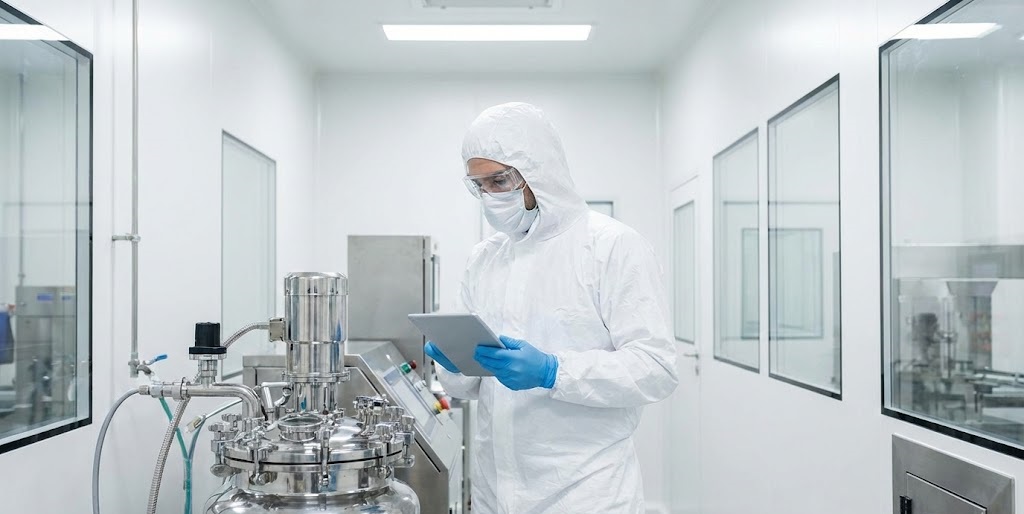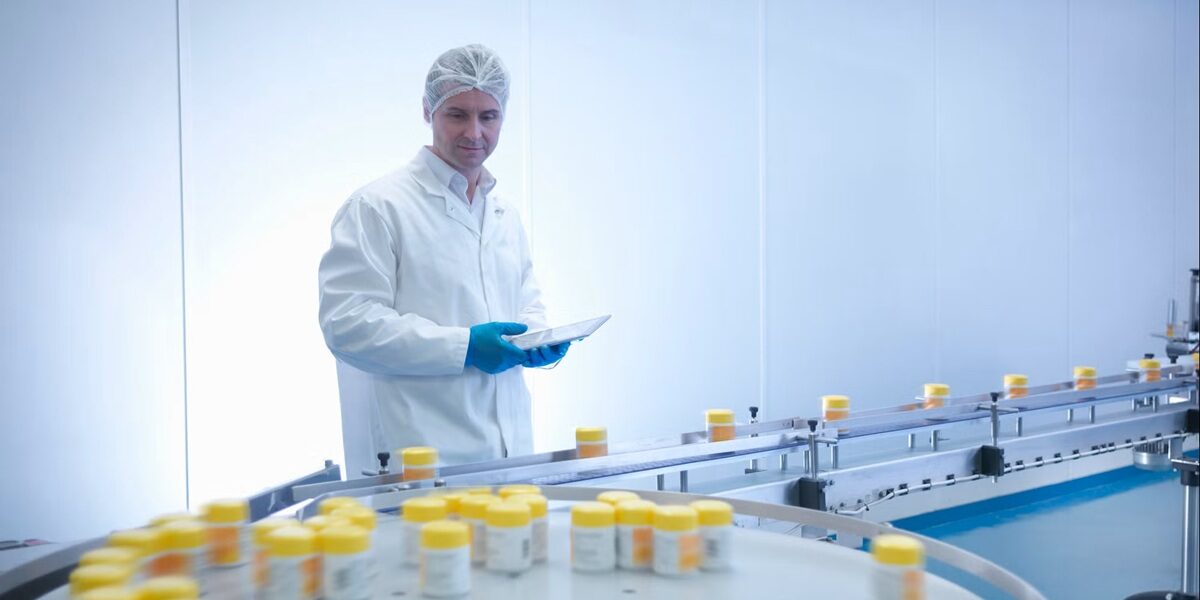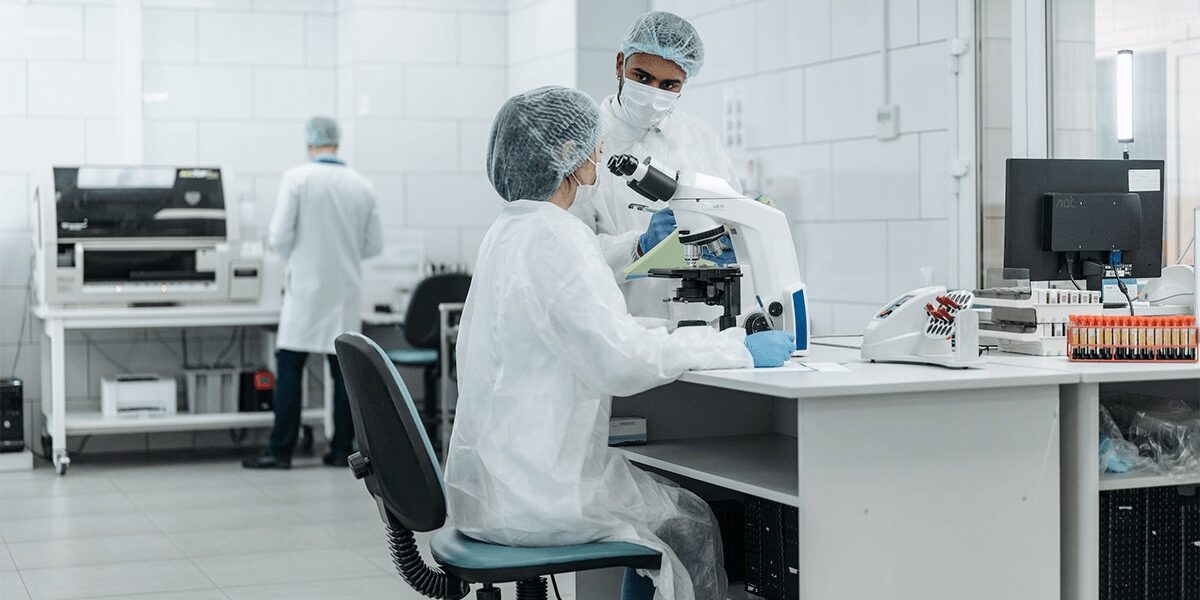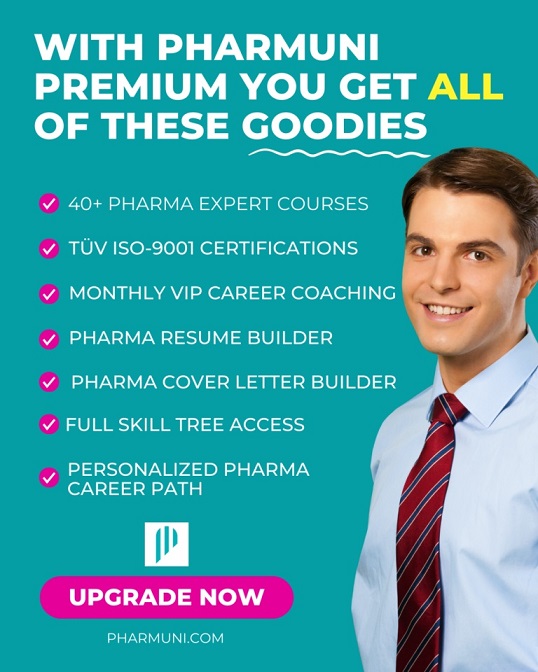Pharmacovigilance is evolving, and remote work is transforming opportunities worldwide. Many professionals now explore pharmacovigilance jobs remote to balance career growth and flexibility. Employers seek skilled specialists, from entry-level associates to directors, across global markets. This shift benefits job seekers, entrepreneurs, and healthcare professionals alike. Remote roles open doors in drug safety, compliance, and medical review.
In this guide, you’ll learn how to find remote opportunities, compare global regions, and build a strong career path. Let’s explore strategies to succeed in this competitive and growing field.

What is the scope of pharmacovigilance jobs remote today?
The scope of pharmacovigilance jobs remote is expanding rapidly across the pharmaceutical and biotech industries. Employers now embrace remote teams to improve access to skilled professionals worldwide.
Remote pharmacovigilance roles range from entry-level drug safety associates to senior managers. These positions involve case processing, adverse event monitoring, and compliance reporting.
Companies also need medical reviewers, data specialists, and operations experts to manage global safety portfolios.
The growth is global. You can now find pharmacovigilance jobs remote in the last 3 days across the USA, India, and Europe. Remote roles allow employers to hire diverse teams while professionals access global opportunities without relocation.
Sign up for Introduction to Pharmacovigilance Course
Which skills help you succeed in remote pharmacovigilance jobs?
A strong grasp of FDA, EMA, and ICH rules is essential. Employers expect you to follow global reporting standards. This knowledge builds trust and ensures compliance in remote pharmacovigilance jobs.
Excellent written communication helps remote teams collaborate smoothly. Clear reports reduce errors in safety submissions. Strong writing also strengthens your professional credibility with regulators and colleagues.
Pharmacovigilance databases are the backbone of drug safety work. AI tools now support faster case processing and analysis. Familiarity with both makes you efficient and future-ready.
Handling case intake, documentation, and follow-up is a core skill. Remote professionals must stay organized to manage high case volumes. This ability ensures timely and accurate reporting.
Global teams require flexibility with working hours. Adapting to multiple time zones shows professionalism and reliability. It also improves coordination in international pharmacovigilance projects.
Attention to detail prevents errors in adverse event reporting. Even small mistakes can lead to compliance risks. Precision is one of the most valued skills in drug safety.
Project management skills keep cross-functional teams aligned. Remote pharmacovigilance operations often involve regulatory, medical, and IT groups. Strong leadership ensures tasks finish on time and within compliance standards.
Fast-track your career with VIP consultation
Why should you consider pharmacovigilance jobs remote?
Entry-level opportunities for growth
Entry level pharmacovigilance jobs remote give graduates a chance to enter drug safety without relocation. These roles focus on case intake, documentation, and training. Many professionals start here before advancing to specialist or management positions. Employers provide structured onboarding and tools to support remote learning.
Remote work lowers barriers for students and career changers. Global companies hire PV associates from diverse backgrounds, including pharmacy, nursing, and life sciences. This flexibility makes pharmacovigilance one of the most accessible pathways in regulated industries.
Career progression to senior roles
As experience grows, professionals move into pharmacovigilance associate jobs remote or specialist roles. With proven expertise, you can target pharmacovigilance specialist jobs remote and even leadership roles like associate director pharmacovigilance remote jobs.
Remote senior positions involve oversight of global safety data, compliance audits, and cross-team management. Many directors coordinate entire regions without leaving their home office. This structure provides career stability while offering international exposure. Remote leadership has become an accepted norm, especially post-pandemic.

Which skills help you succeed in remote pharmacovigilance jobs?
Mastering Regulatory Guidelines
A strong grasp of FDA, EMA, and ICH rules is essential. Employers expect you to follow global reporting standards. This knowledge builds trust and ensures compliance in remote pharmacovigilance jobs.
Writing with Clarity
Excellent written communication helps remote teams collaborate smoothly. Clear reports reduce errors in safety submissions. Strong writing also strengthens your professional credibility with regulators and colleagues.
Managing Drug Safety Cases
Handling case intake, documentation, and follow-up is a core skill. Remote professionals must stay organized to manage high case volumes. This ability ensures timely and accurate reporting.
Adapting Across Time Zones
Global teams require flexibility with working hours. Adapting to multiple time zones shows professionalism and reliability. It also improves coordination in international pharmacovigilance projects.
How do you prepare for success in pharmacovigilance jobs remote?
Building strong qualifications
To compete for remote pharmacovigilance jobs USA or Europe, you need solid qualifications. Most employers require a degree in pharmacy, life sciences, or medicine. Specialized certifications in drug safety or regulatory affairs increase credibility.
Training platforms like Pharmuni offer accessible courses to build industry knowledge. Completing a GMP free course is a great start. It proves you understand compliance and quality basics, which are crucial in pharmacovigilance.
Gaining experience and networking
Landing remote pharmacovigilance jobs worldwide often requires real-world experience. Internships, contract roles, or temporary projects build the foundation. Even short assignments count if they demonstrate safety reporting skills.
Networking also plays a critical role. Join professional groups, attend webinars, and connect with global recruiters. Many pharmacovigilance jobs UK remote and EU listings never reach public job boards. Instead, companies prefer referrals and specialized agencies.
Why is now the best time to pursue pharmacovigilance jobs remote?
Now is the right time because demand is global, and opportunities keep growing. Remote roles reduce barriers for new entrants and reward experienced professionals with flexible, high-impact careers.
Pharmacovigilance is essential for public health, and companies cannot compromise on safety. That means roles in this field remain stable and recession-resistant.
Platforms like Pharmuni give you tools to prepare, learn, and apply confidently. With tailored courses, resume guidance, and job insights, you can build a strong foundation.
Pro Tip: Always set alerts for remote pharmacovigilance operations jobs. These high-demand roles often fill within days.
What job categories exist in remote pharmacovigilance work?
Drug safety and pharmacovigilance jobs
Focused on case processing and regulatory compliance.
Medical reviewer
Involve expert clinical analysis of adverse events.
Pharmacovigilance operations jobs
Oversee databases, reporting timelines, and global teams.
Remote contract pharmacovigilance jobs
Flexible freelance or project-based assignments.
Conclusion
Pharmacovigilance jobs remote offer a promising path for professionals who want flexibility and growth. Whether you target entry-level roles or leadership positions, the demand is global. The USA, India, Europe, and Canada all provide unique opportunities. Remote roles now span drug safety, operations, medical review, and AI integration.
Success depends on strong qualifications, targeted applications, and active networking. Employers want candidates who understand compliance, communicate clearly, and adapt to digital collaboration. By building skills, gaining certifications, and staying updated, you can secure long-term growth.

Ershad Moradi
Ershad Moradi, a Content Marketing Specialist at Zamann Pharma Support, brings 6 years of experience in the pharmaceutical industry. Specializing in pharmaceutical and medical technologies, Ershad is currently focused on expanding his knowledge in marketing and improving communication in the field. Outside of work, Ershad enjoys reading and attending industry related networks to stay up-to-date on the latest advancements. With a passion for continuous learning and growth, Ershad is always looking for new opportunities to enhance his skills and contribute to pharmaceutical industry. Connect with Ershad on Facebook for more information.

Revalidation In Pharma (2026 guide): Meaning, Triggers, Frequency, And Requalification Differences
Revalidation protects product quality and business continuity by linking GMP decisions to risk, evidence, and context. This article helps teams decide when to act, what to document, and how to classify issues consistently before audits and regulatory inspections.

GMP Regulations in 2026: How Inspectors Assess Compliance and Control Systems
This article explains how pharmaceutical regulatory requirements shape inspection decisions, why GMP compliance gaps persist across manufacturing sites, and which operational controls, documentation practices, and risk-based measures support inspection readiness under global GMP standards.

WHO GMP in 2026: Inspection Readiness and Compliance Expectations
This article explains how global pharmaceutical GMP standards are applied during inspections, why operational gaps persist despite formal compliance, and how quality systems, contamination control, and risk-based execution shape regulatory inspection readiness across manufacturing operations.





